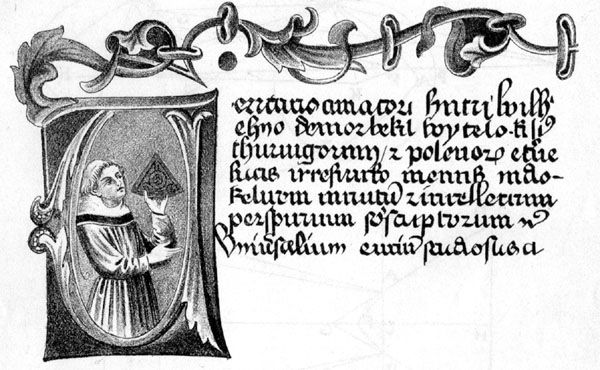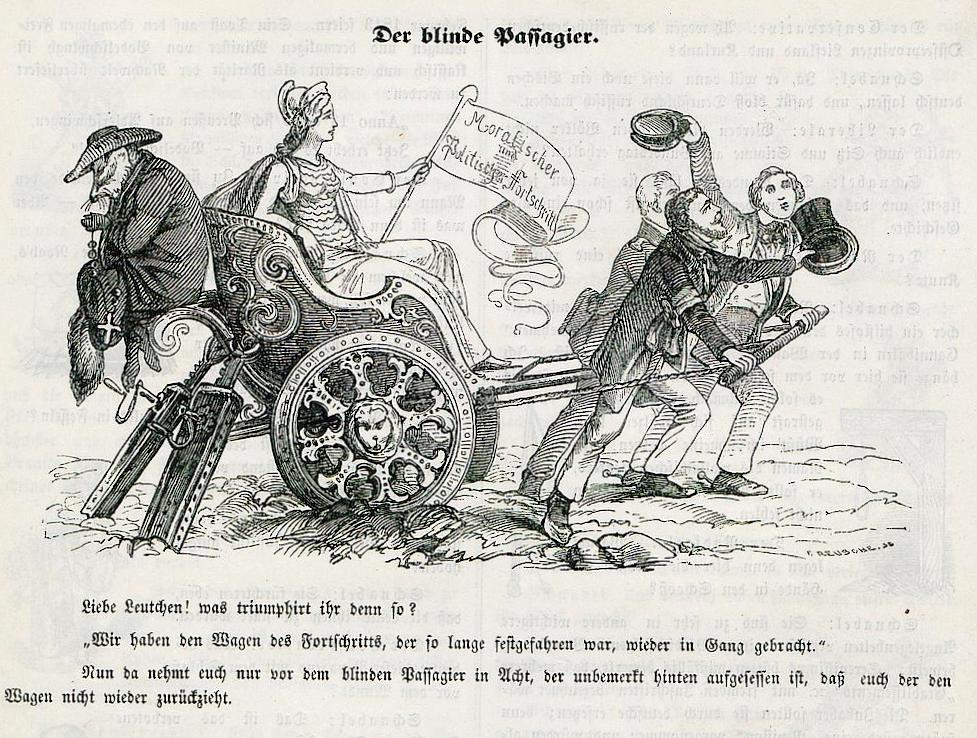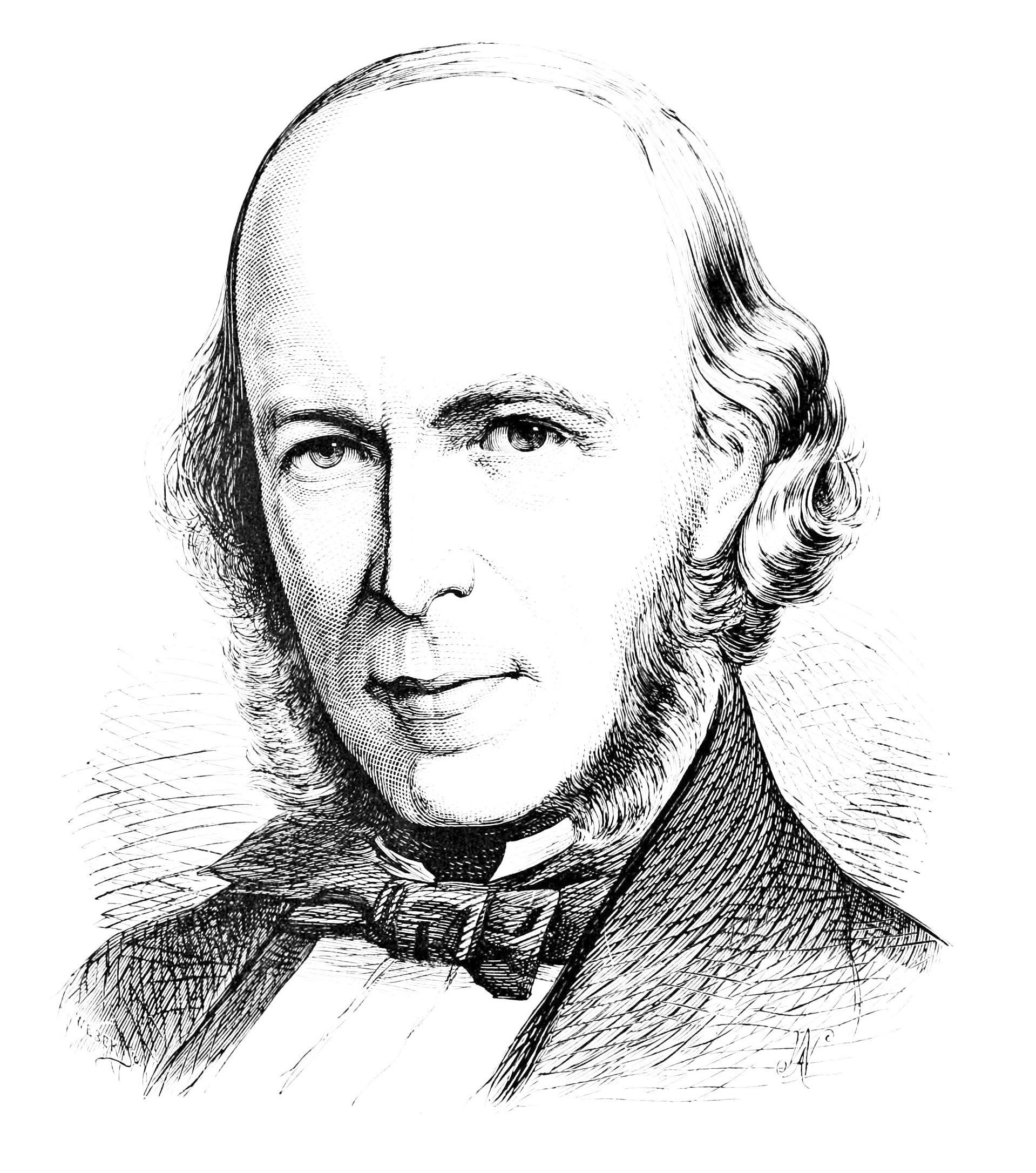|
Polish Positivism
Polish Positivism ( ) was a social, literary and philosophical movement that became dominant in late-19th-century partitioned Poland following Romanticism in Poland and the suppression of the January 1863 Uprising against the Russian Empire. The Positivist period lasted until the turn of the 20th century and the advent of the modernist Young Poland movement.Czesław Miłosz ''The History of Polish Literature'', pp. 281–321."Positivism." ''University of California Press'', 1983. . Retrieved October 10, 2011. Overview In the aftermath of the 1863 Uprising, many thoughtful Poles argued against further attempts to regain independence from the partitioning powers – the Russian Empire, the Kingdom of Prussia, and the Austro-Hungarian Empire – by force of arms. In their polemics over forms of resistance, published between 1868 and 1873 in ''Przegląd tygodniowy'' (The Weekly Review) and ''Prawda'' (Truth), they – often reluctantly and only partially – discarded the l ... [...More Info...] [...Related Items...] OR: [Wikipedia] [Google] [Baidu] |
History Of Philosophy In Poland
The history of philosophy in Poland parallels the evolution of philosophy in Europe in general. Overview Polish philosophy drew upon the broader currents of European philosophy, and in turn contributed to their growth. Some of the most momentous Polish contributions came, in the thirteenth century, from the Scholastic philosopher and scientist Vitello, and, in the sixteenth century, from the Renaissance polymath Nicolaus Copernicus. Subsequently, the Polish–Lithuanian Commonwealth partook in the intellectual ferment of the Enlightenment, which for the multi-ethnic Commonwealth ended not long after the 1772-1795 partitions and political annihilation that would last for the next 123 years, until the collapse of the three partitioning empires in World War I. The period of Messianism, between the November 1830 and January 1863 Uprisings, reflected European Romantic and Idealist trends, as well as a Polish yearning for political resurrection. It was a period of maximalist ... [...More Info...] [...Related Items...] OR: [Wikipedia] [Google] [Baidu] |
Bolesław Prus
Aleksander Głowacki (20 August 1847 – 19 May 1912), better known by his pen name Bolesław Prus (), was a Polish journalist, novelist, a leading figure in the history of Polish literature and philosophy, and a distinctive voice in world literature. Aged 15, Aleksander Głowacki joined the Polish 1863 Uprising against Imperial Russia. Shortly after his 16th birthday, he suffered severe battle injuries. Five months later, he was imprisoned. These early experiences may have precipitated the panic disorder and agoraphobia that dogged him through life, and shaped his opposition to seeking Poland's independence by force of arms. In 1872, in Warsaw, aged 25, he settled into a 40-year journalistic career that focused on science, technology, education, and economic and cultural development – societal enterprises essential to the perseverance of a people who in the 18th century had been partitioned out of political existence by Russia, Prussia, and Austria. Głowacki took t ... [...More Info...] [...Related Items...] OR: [Wikipedia] [Google] [Baidu] |
National Identity
National identity is a person's identity or sense of belonging to one or more states or one or more nations. It is the sense of "a nation as a cohesive whole, as represented by distinctive traditions, culture, and language". National identity comprises both political and cultural elements. As a collective phenomenon, it can arise from the presence of "common points" in people's daily lives: national symbols, language, the nation's history, national consciousness, and cultural artifacts. Subjectively, it is a feeling one shares with a group of people about a nation, regardless of one's legal citizenship status. In psychological terms, it is defined as an "awareness of difference", a "feeling and recognition of 'we' and 'they'". National identity can incorporate the population, as well as diaspora, of Multi-ethnic state, multi-ethnic states and societies that have a shared sense of common identity. Hyphenated ethnicity, Hyphenated ethnicities are examples of the confluence of mul ... [...More Info...] [...Related Items...] OR: [Wikipedia] [Google] [Baidu] |
Zygmunt Szweykowski (historian)
Zygmunt Szweykowski (7 April 1894 in Krośniewice – 11 February 1978 in Poznań) was a historian of Polish literature who specialized in 19th-century Polish prose. Life In 1932–39, Szweykowski held a professorship at the Free Polish University (''Wolna Wszechnica Polska'') in Warsaw and Łódź."Szweykowski, Zygmunt," ''Encyklopedia powszechna PWN'' (PWN Universal Encyclopedia), vol. 4, p. 370. He was the father of musicologist Zygmunt Szweykowski. During the World War II Nazi occupation of Poland, he participated, at the risk of his life, in underground university teaching in Warsaw. From 1946 he held a chair at Poznań University. In 1950 he was inducted into the Polish Academy of Learning, and in 1951 into the Polish Academy of Sciences. Szweykowski studied the 19th-century Polish novel. His books in this field included ''Powieści historyczne Henryka Rzewuskiego'' (The Historical Novels of Henryk Rzewuski, 1922) and ''Trylogia Sienkiewicza'' ( Sienkiewicz's ''Trilogy' ... [...More Info...] [...Related Items...] OR: [Wikipedia] [Google] [Baidu] |
Prussian Deportations
The Prussian deportations, also known as the Prussian expulsions of Poles (; ), were the mass expulsions of Polish people, Poles from Prussia between 1885 and 1890. More than 30,000 Poles who had immigrated to Prussia from the Polish regions of the Russian Empire and Austria-Hungary, Austria and did not obtain a German citizenship, were deported back to their country of origin. The county-wide expulsion was condemned by the Polish public as well as the federal German parliament. The expulsion also contributed to the worsening of German-Russian relations. In the aftermath, Poles without German citizenship were again allowed to work and reside in the German Empire in all seasons but winter. The Prussian deportations can be seen as an early example of ethnic cleansing. The expulsion order of 1885 and its implementation Agriculture in the eastern provinces of Prussia was to a high degree based on large-area Manorialism, manors and run by German junkers, who employed thousands of mig ... [...More Info...] [...Related Items...] OR: [Wikipedia] [Google] [Baidu] |
Kulturkampf
In the history of Germany, the ''Kulturkampf'' (Cultural Struggle) was the seven-year political conflict (1871–1878) between the Catholic Church in Germany led by Pope Pius IX and the Kingdom of Prussia led by chancellor Otto von Bismarck. The Prussian church-and-state political conflict was about the church's direct control over both education and ecclesiastical appointments in the Prussian kingdom as a Roman Catholic nation and country. Moreover, when compared to other church-and-state conflicts about political culture, the ''Kulturkampf'' of Prussia also featured anti-Polish sentiment. In modern political usage, the German term ''Kulturkampf'' describes any conflict (political, ideological, or social) between the secular government and the religious authorities of a society. The term also describes the great and small culture wars among political factions who hold deeply opposing values and beliefs within a nation, a community, and a cultural group. Background Europe a ... [...More Info...] [...Related Items...] OR: [Wikipedia] [Google] [Baidu] |
History Of The Jews In Poland
The history of the Jews in Poland dates back at least 1,000 years. For centuries, Poland was home to the largest and most significant Jews, Jewish community in the world. Poland was a principal center of Jewish culture, because of the long period of statutory toleration, religious tolerance and Qahal, social autonomy which ended after the Partitions of Poland in the 18th century. During World War II there was a nearly complete genocide, genocidal destruction of the Polish Jewish community by Nazi Germany and its collaborators of various nationalities, during the German occupation of Poland between 1939 and 1945, called the Holocaust. Since the fall of communism in Poland, there has been a renewed interest in Jewish culture, featuring an annual Jewish Culture Festival, new study programs at Polish secondary schools and universities, and the opening of Warsaw's Museum of the History of Polish Jews. From the founding of the Kingdom of Poland (1025–1385), Kingdom of Poland in 10 ... [...More Info...] [...Related Items...] OR: [Wikipedia] [Google] [Baidu] |
Cultural Assimilation
Cultural assimilation is the process in which a minority group or culture comes to resemble a society's Dominant culture, majority group or fully adopts the values, behaviors, and beliefs of another group. The melting pot model is based on this concept. A related term is cultural integration, which describes the process of becoming economically and socially integrated into another society while retaining elements of one’s original culture. This approach is also known as cultural pluralism, and it forms the basis of a cultural mosaic model that upholds the preservation of cultural rights. Another closely related concept is acculturation, which occurs through cultural diffusion and involves changes in the cultural patterns of one or both groups, while still maintaining distinct characteristics. There are various types of cultural assimilation, including full assimilation and forced assimilation. Full assimilation is common, as it occurs spontaneously. Assimilation can also invol ... [...More Info...] [...Related Items...] OR: [Wikipedia] [Google] [Baidu] |
Women's Rights
Women's rights are the rights and Entitlement (fair division), entitlements claimed for women and girls worldwide. They formed the basis for the women's rights movement in the 19th century and the feminist movements during the 20th and 21st centuries. In some countries, these rights are institutionalized or supported by law, local custom, and behavior, whereas in others, they are ignored and suppressed. They differ from broader notions of human rights through claims of an inherent historical and traditional bias against the exercise of rights by women and girls, in favor of men and boys.Hosken, Fran P., 'Towards a Definition of Women's Rights' in ''Human Rights Quarterly'', Vol. 3, No. 2. (May 1981), pp. 1–10. Issues commonly associated with notions of women's rights include the right to bodily integrity and autonomy, to be free from sexual violence, to Women's suffrage, vote, to hold public office, to enter into legal contracts, to have equal rights in family law, Right to ... [...More Info...] [...Related Items...] OR: [Wikipedia] [Google] [Baidu] |
Civil Rights
Civil and political rights are a class of rights that protect individuals' political freedom, freedom from infringement by governments, social organizations, and private individuals. They ensure one's entitlement to participate in the civil and political life of society and the State (polity), state. Civil rights generally include ensuring peoples' physical and mental integrity, right to life, life, and safety, protection from discrimination, the right to privacy, the freedom of freedom of thought, thought, freedom of speech, speech, freedom of religion, religion, freedom of the press, press, freedom of assembly, assembly, and freedom of movement, movement. Political rights include natural justice (procedural fairness) in law, such as the rights of the accused, including the right to a fair trial; due process; the right to seek redress or a legal remedy; and rights of Participation (decision making), participation in civil society and politics such as freedom of association, th ... [...More Info...] [...Related Items...] OR: [Wikipedia] [Google] [Baidu] |
Pharaoh (Prus Novel)
''Pharaoh'' () is the fourth and last major novel by the Polish writer Bolesław Prus (1847–1912). Composed over a year's time in 1894–95, serialized in 1895–96, and published in book form in 1897, it was the sole historical novel by an author who had earlier disapproved of historical novels on the ground that they inevitably distort history. ''Pharaoh'' has been described by Czesław Miłosz as a "novel on... mechanism[s] of political power, state power and, as such, ... probably unique in world literature of the nineteenth century.... Prus, [in] selecting the reign of 'Pharaoh Ramses XIII' [a fictitious character] in the eleventh century BCE, sought a perspective that was detached from... pressures of [topicality] and censorship. Through his analysis of the dynamics of an ancient Egyptian society, he... suggest[s] an archetype of the struggle for power that goes on within any state." ''Pharaoh'' is set in the Egypt of 1087–85 BCE as that country experiences int ... [...More Info...] [...Related Items...] OR: [Wikipedia] [Google] [Baidu] |







